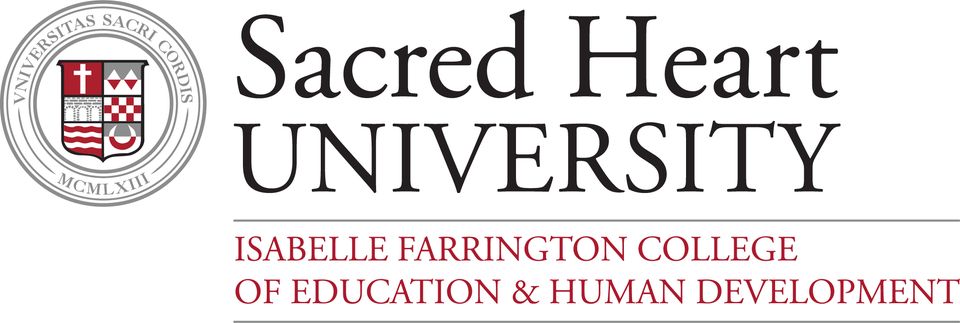Document Type
Article
Publication Date
2006
Abstract
At a large public university in the south eastern United States, prospective middle and high school social studies teachers complete a four semester undergraduate program that prepares them for the classrooms of America. Like many programs, this one begins with an introductory course that provides students an opportunity to explore questions about the nature, purpose, and practices of social studies in the modern school curriculum. As a part of this course, students also develop a rationale for teaching social studies which is used as a part of admission into the Social Studies Education program. Once they have been admitted to the program, students typically complete one or more semesters of discipline specific courses prior to their final two semesters at the institution. During their second to last semester in the program, students complete social studies methods and curriculum courses along with an initial field experience that is designed to provide them with some experience designing and delivering lessons. For their final semester in the program, the students complete a student teaching experience, along with a bi- weekly seminar. This twelve week field experience is conducted under the supervision of a co-operating teacher, as well as a field instructor from the university who is tasked with observing the student while they are engaged in the teaching experience. The purpose of these observation visits by the field instructor is to help the student teachers structure their reflection about these specific lessons, as a way of modeling an effective process for the m to become reflective practitioners. At the conclusion of their twelve weeks of student teaching, the students return for twice weekly seminar meetings for the final three weeks of the semester with the goal of finalizing their teaching rationale as a part of a larger electronic portfolio that is based upon the state's teaching standards. This e-portfolio contains their overarching rationale along with reflection papers on each of the state standards, and artifacts that illustrate the student teacher's competence in those particular areas. One of the difficulties with the arrangement between the student teacher and their field instructor is that there are only four scheduled opportunities for field instructors to interact and provide meaningful guidance and mentoring to their student teachers. With this in mind, two field instructors within this program undertook a project to provide additional opportunities for mentoring student teachers through a computer- mediated process.
Recommended Citation
Barbour, Michael, Thomas, Anthony, Ritter, Jason. "Mentoring Student Teachers from a Distance: An Action Research Project." 'The Journal' of the Wisconsin Council for the Social Studies 6.2 (2006): 42-46.
Included in
Curriculum and Instruction Commons, Educational Methods Commons, Junior High, Intermediate, Middle School Education and Teaching Commons, Secondary Education and Teaching Commons






Comments
Originally published:
Barbour, Michael, Thomas, Anthony, Ritter, Jason. "Mentoring Student Teachers from a Distance: An Action Research Project." 'The Journal' of the Wisconsin Council for the Social Studies 6.2 (2006): 42-46.